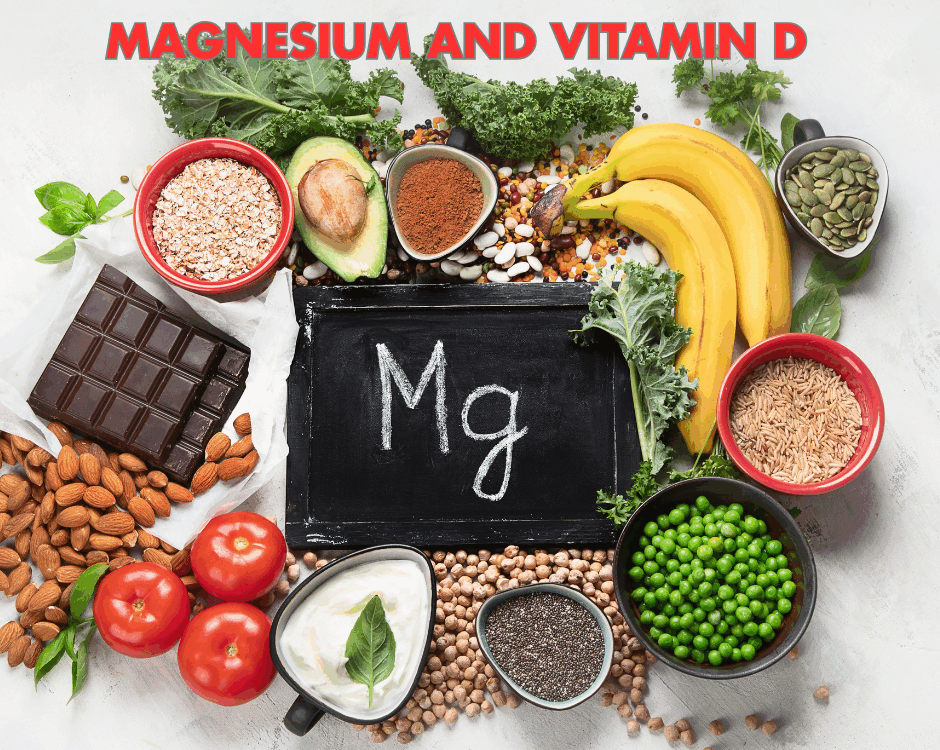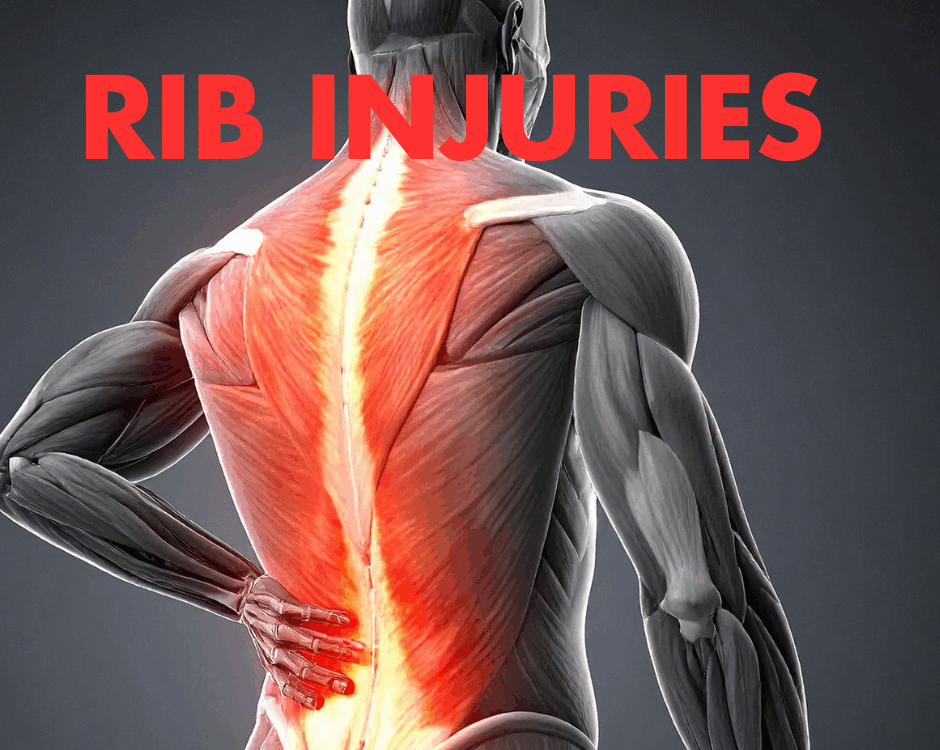Neck Stiffness and the Causes, Symptoms and Prevention

E-Bike Related Head Injuries Increasing in the US!
April 9, 2024
Understanding Shock
April 12, 2024Neck Stiffness and the Causes, Symptoms, and Prevention
Have you ever experienced discomfort in your neck after spending a significant amount of time looking down? Maybe you just woke up and found it hard to move your neck without pain. This is a common occurrence for many people. You might be experiencing what is commonly known as a “stiff neck.” At Chambers Medical Group, we often see patients with a “stiff neck” resulting from a motor vehicle accident (MVA). This would be the result of an acute trauma, but what if your neck was stiff and you had no injuries? Dr. Aaron Workman, a member of Chambers Medical Group, one of the highest rated auto injury medical facilities in Kentucky, discusses neck stiffness and the causes, symptoms, and prevention.
Neck stiffness typically results from strained or contracted muscles (spasms) in the neck and upper back region. It can occur due to various factors, including poor posture, overuse of neck muscles, text neck, sudden movements, whiplash, acute traumas, sleeping in an awkward position, or underlying medical conditions.
Symptoms of a stiff neck may include pain or soreness in the neck area, difficulty turning or looking down with the head, muscle tightness or spasms, headaches, and sometimes even tingling or numbness in the arms or hands. These symptoms can range from mild discomfort to severe pain, depending on the underlying cause and severity of the condition.
To help ease a stiff neck there are several different things you can do. Initially it is essential to rest the neck and avoid activities that exacerbate the pain. Any activity you perform while bending the neck down can exacerbate a stiff neck. Applying an ice pack to the affected area can help reduce inflammation and numb the pain. It can be beneficial to use ice at night for prolonged relief into your sleep cycles. Easy stretching exercises and neck movements can also improve flexibility and relieve muscle tension helping with neck stiffness.
In some cases, over-the-counter pain relievers or anti-inflammatory medications may help or be recommended to alleviate pain and reduce inflammation. It is essential to consult with a healthcare professional before starting any medication, especially if you are already taking medication for other health conditions.
Preventing a stiff neck starts with practicing good posture, especially in the activities you perform daily. Proper ergonomics while at work is another great strategy. When sitting or standing, ensure that your neck is in a neutral position, with your ears aligned over your shoulders and your shoulders relaxed. Take regular breaks from prolonged sitting or screen time to stretch and rest the neck muscles.
If your stiff neck persists or worsens despite your proactive methods, seeking medical attention is advisable. If you have experienced trauma or have been involved in a motor vehicle accident resulting in neck pain, seeking prompt evaluation from a provider such as Chambers Medical Group is essential. In both cases early intervention can prevent the worsening of symptoms and facilitate effective treatment. Your doctor can give a thorough exam to determine what your best treatment options may be. Depending on the diagnosis, treatment may involve a myriad of active and passive therapeutic modalities or other interventions focused on the structure of the neck.
Whatever the cause may be, “stiff neck” is a common issue resulting from something going wrong in the neck or upper back. By understanding its causes, recognizing the symptoms, and implementing preventive measures, you can alleviate discomfort and maintain better neck health. If your symptoms persist or worsen, do not hesitate to seek help from a healthcare provider. If you suspect the stiffness is from a MVA, we at Chambers Medical Group can help.
— This article is written by Aaron Workman, DC, one of the members of Chambers Medical Group’s team of car accident chiropractors who offer a variety of treatments and therapies ranging from diagnostic testing to various soft tissue therapies for car accidents and injuries in Kentucky.
- Car Accident Medical Clinic in Tampa
- Car Accident Medical Clinic in Plant City
- Car Accident Medical Clinic in Brandon
- Car Accident Medical Clinic in Lakeland
- Car Accident Medical Clinic in Sarasota
- Car Accident Medical Clinic in Louisville
- Car Accident Medical Clinic in Lexington
- Car Accident Medical Clinic in Florence




